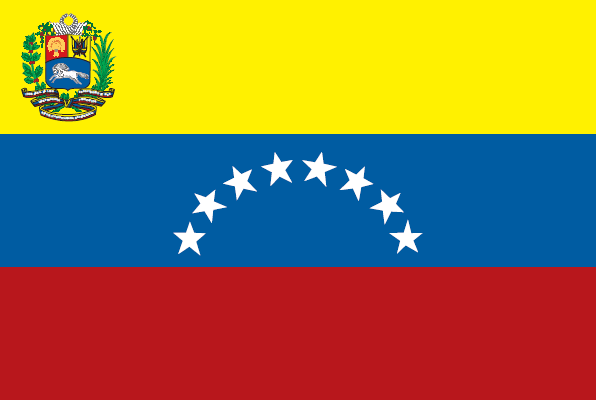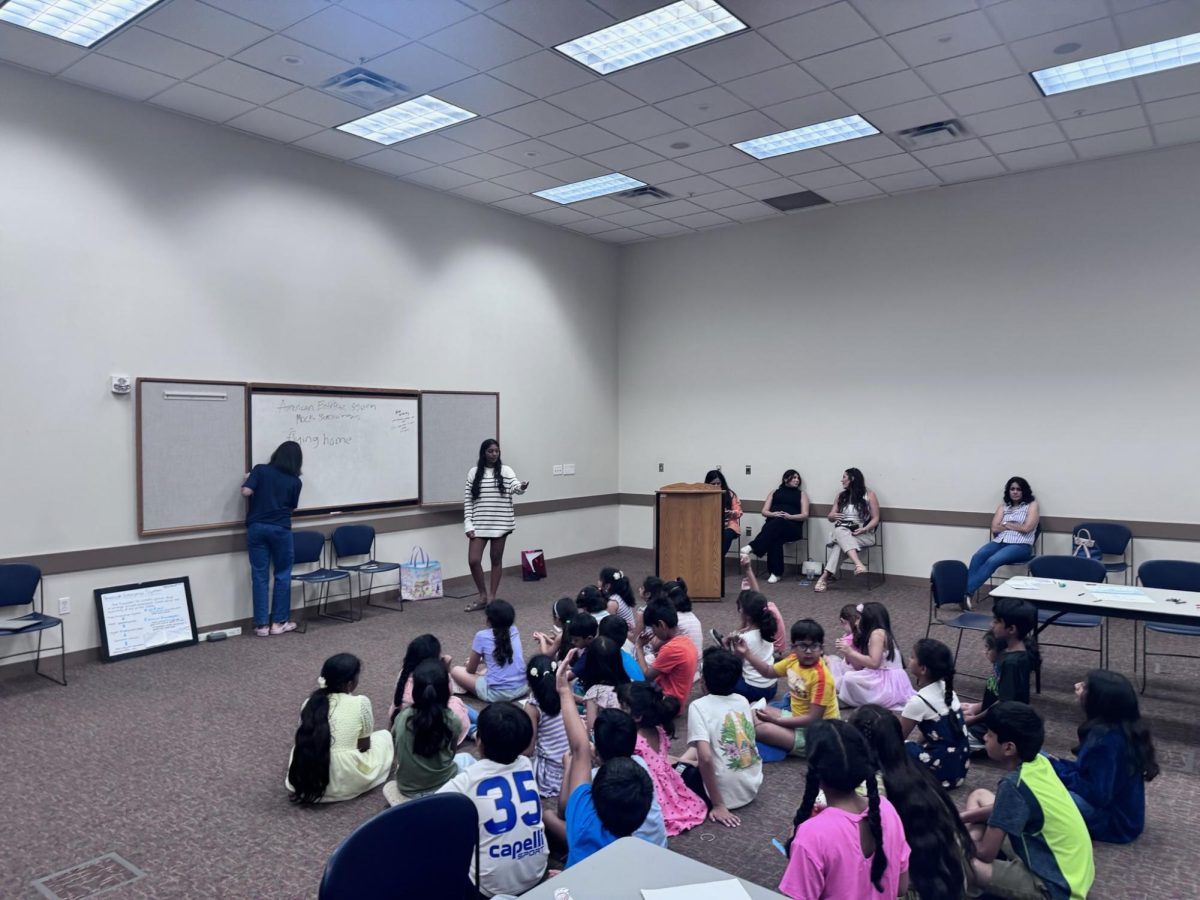Walking down the Tompkins High School hallways, it becomes evident that although most conversations are in English, there are also a substantial amount had in Spanish. The conversations are usually accompanied by distinct accents from the same country: Venezuela. Tompkins is one of the many high schools in the Katy area that teaches a large community of Venezuelan students.
“If you move here, there is always some connection,” said senior Helena Vincenti. “My family has had many instances where we find people that we haven’t seen in years, such as my mom finding a friend from college that she hadn’t seen in 20 years at the grocery store.”
Katy is one of the hubs in Texas for Venezuelans who seek to escape the political and economic turmoil of their country, so much so that it has been dubbed ‘Katyzuela’ by residents who have seen the change in population. This has attributed to the rise in Venezuelan-owned businesses, such as restaurants, which have helped the Venezuelans find a home in the foreign country.
“A lot of people have now come over because of the situation in Venezuela. The community has grown a lot and we all support each other,” said Vincenti. “People are also trying to make others aware of the situation in the country. Since there is now a lot of Venezuelans, especially in Tompkins, many know more about it.”
Vincenti grew up in the United States, having left Venezuela at one-year-old just a year after former Venezuelan president Hugo Chavez had taken office. Since the early 2000s, the country’s political, economic, and social situation has deteriorated with the rise of a corrupt government, hyperinflation and both high crime and poverty. As the situation worsens for the people living in the country, those living outside of Venezuela are attempting to alleviate some of the difficulties their family members are facing.
“My mom is trying to get food and money over to her dad in Venezuela, and I know many people who are doing the same,” said Vincenti.
The rate of inflation in Venezuela reached the highest in the world just last year, with a rate of 700 percent. As the economy further deteriorates, the financial crisis is soon turning into a humanitarian one. Many young adults, between their 20s and 30s, have taken to leaving their families behind in search for jobs; these are sometimes illegal, and, for the lucky ones, legal and stable.
“My sister has many Venezuelan friends that came here to find something brand new. They had a chance to actually have opportunities,” said Vincenti. “Venezuelans may be creating new businesses in Katy, but they’re not changing the community as much as the community is changing them. They came here for a fresh start, and that means embracing the culture they now live in.”
The country’s debt has risen up to $600 million this week, and it is often not the upper classes in the socioeconomic spectrum that experience the worst of the consequences, but the average individual. Today, the upper class in Venezuela is often connected with the government, which allows them a financial advantage the middle and lower classes do not have. Oftentimes, this means a guarantee of a job for the next week and an even more important guarantee: enough food to last the month.
“I have many Venezuelan students who have spoken with me about the situation in the country,” said the AP Spanish and Spanish for Spanish Speakers teacher, Diana Franklin. “Venezuela went from being a strong and successful country that offered a lot of opportunities to a country that was completely destroyed. People are starving, and, in some cases, kids are born without food or medicine.”
With Venezuela’s increasing debt and deadlines for bond payments in the world market this weekend, the country’s struggles are more evident than ever before. This past year alone, Venezuelans have lost an average of 19 pounds per individual due to a lack of food. After years of protests, hours-long-lines for necessary supplies and regular losses of electricity, Venezuela’s crisis paints a grim picture.
“I think the Venezuelan community will only grow larger. With the deteriorating situation, more people are leaving the country,” said Franklin. “Here, especially in our school, there is a community that supports each other and that can be helpful for those who come in the future.”





